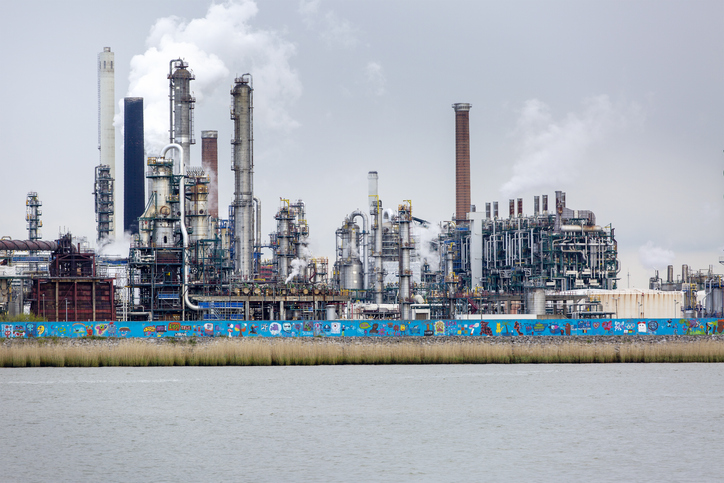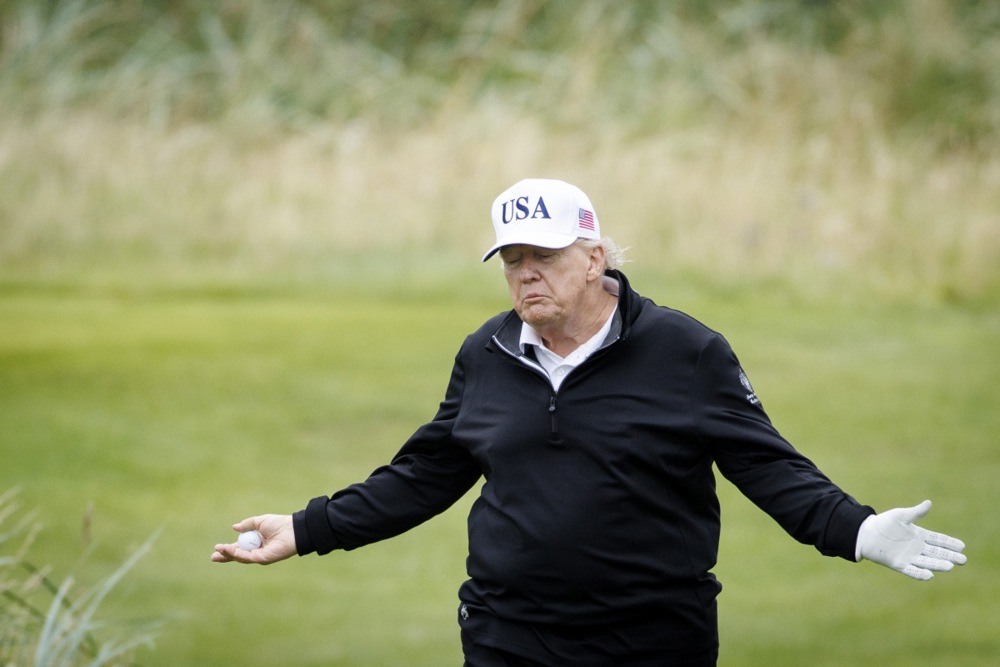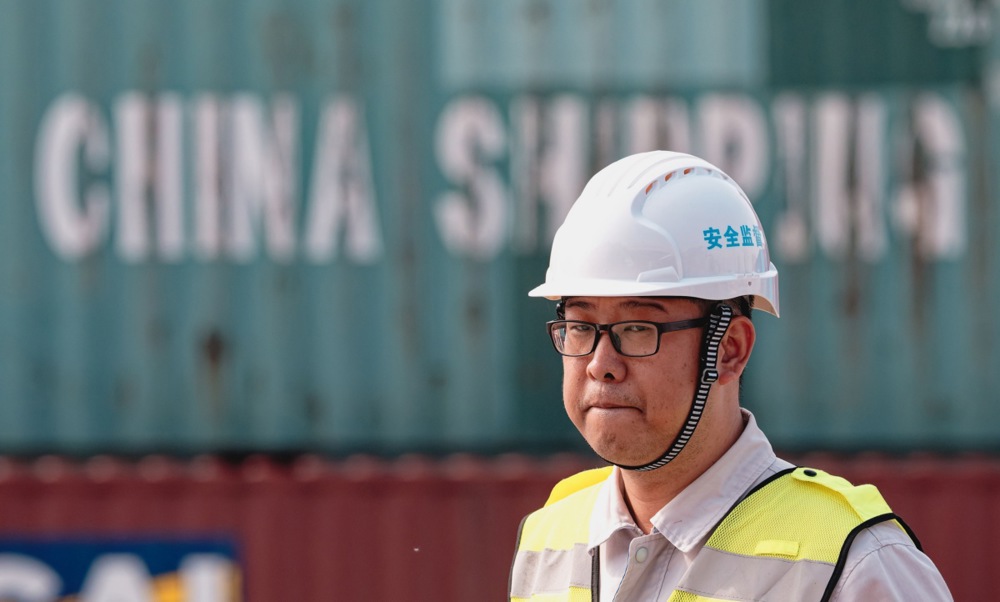The European Commission will release more than €3 million to support 915 workers affected by US multinational Goodyear’s closure of one tyre plant and partial shutdown of one other facility in Germany.
These layoffs were part of Goodyear’s 2024 restructuring in response to a sharp decline in demand, rising operational costs, and intensified competition from low-cost Asian tyre imports.
The shutdowns led to 1,171 job losses, pushing local unemployment rates above 10 per cent in Fulda and 6 per cent in Hanau, where the factories were shut, and surrounding areas.
This funding would come from the European Globalisation Adjustment Fund (EGAF) for Displaced Workers (EGF), which finances measures such as career guidance, reskilling and upskilling. It also cover business start-up support, job search assistance, and participation in events such as job fairs and company visits.
Germany formally applied for EGAF support in March 2025, months after federal and local authorities began providing assistance following the layoffs in late 2024.
The total cost of the support measures is estimated at €5.1 million, with the European Union covering 60 per cent (€3 million) and Germany’s Federal budget and Public Employment Service financing the remaining 40 per cent.
The EGAF allows for retroactive coverage of costs already incurred by German authorities.
In 2023, Goodyear attributed its decision to close the Fulda plant and partially shut Hanau operations to factors including high energy prices in Germany and stiff competition from cheaper Asian imports.
The closures have contributed to significant increases in regional unemployment. Germany’s application highlighted that many dismissed workers face skill mismatches, making targeted support necessary to improve re-employment prospects.
The global tyre market has seen European manufacturers responding to import competition by developing more durable rubber compounds and longer-lasting treads to maintain competitiveness.
Goodyear’s US operations have demonstrated relative resilience.
A March 31 Bloomberg report highlighted Deutsche Bank’s upgrade of Goodyear’s stock, citing the company’s steady progress on cost-cutting and its focus on higher-margin replacement tires. Goodyear’s shares rose as much as 3.3 per cent on the day of the upgrade but were still down over 30 per cent from a peak reached almost a year earlier.
It also pointed out that Goodyear had stopped the sale of its off-the-road tyre business, announced the sale of its Dunlop intellectual property and expected to complete the divestiture of its chemicals business before year-end.
The report mentioned that Deutsche Bank’s analyst maintained a $13 price target, implying a nearly 50 per cent increase from recent trading levels. The stock had five “buy” ratings, five “hold” ratings and no “sell” ratings at the time.
In the wider transatlantic trade landscape, the car sector was not part of the “reciprocal” tariffs announced by the US in April 2025; they had already been subject to a 25 per cent levy, which was higher than the initial 20 per cent “reciprocal” tariffs introduced on by US President Donald Trump on taking office.
Following negotiations culminating in a trade deal concluded on July 27, the tariffs on cars and most other goods were lowered to a uniform 15 per cent, with some sectors exempted under a “zero-to-zero” scheme.
The EC’s financial intervention formed part of its reported ongoing efforts to mitigate the effects of structural changes in key industrial sectors amid evolving global trade conditions and market pressures.





